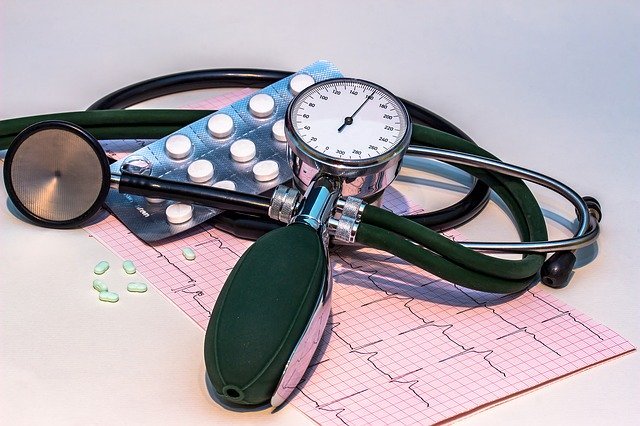
As the COVID-19 pandemic unfolds, inaccurate medical information has flooded social media and other channels.
One potentially lethal example is that patients who take the renin-angiotensin system (RAS) blockers, particularly angiotensin II type 1 receptor blockers (ARBs), maybe more susceptible to the virus.
But in a new study, researchers warn there is little credible or consistent evidence to back up this concern.
Equally important, foregoing these important medications would strongly increase health risks for hundreds of millions of patients with high blood pressure, congestive heart failure, and chronic kidney disease.
The research was conducted by a team at the University of Miami and elsewhere.
In the study, the team carefully reviewed the available data to determine whether ARBs pose any significant risk.
They note the concern originated from reports that the angiotensin-converting enzyme 2 (ACE 2) protein receptor may enable viral entry into cells.
Amplified by various media, this led some patients to discontinue their medications—either on their own or based on advice from a physician.
However, the evidence that ARBs may increase COVID-19 risk is inconsistent, at best.
Though some studies have shown ARBs increase ACE 2 activity in animal models, it must be emphasized that the results have been inconsistent.
While there is no credible evidence that ARBs increase COVID-19 risk, the team notes there are clear dangers for patients who stop taking their medications.
ARBs are prescribed for high blood pressure, congestive heart failure, kidney disease, and other conditions.
Widespread discontinuation of ARBs and ACE inhibitors could cause the destabilization of blood pressure control and decompensation of heart failure patients, leading to sharp increases in heart attacks and strokes and a worsening of kidney failure.
The team says this would be a double tragedy because it would be happening precisely at a time when the hospital and ICU resources are stressed to the limit.
The lead author of the study is Murray Epstein, M.D., an emeritus professor of medicine.
The study is published in Hypertension.
Copyright © 2020 Knowridge Science Report. All rights reserved.



